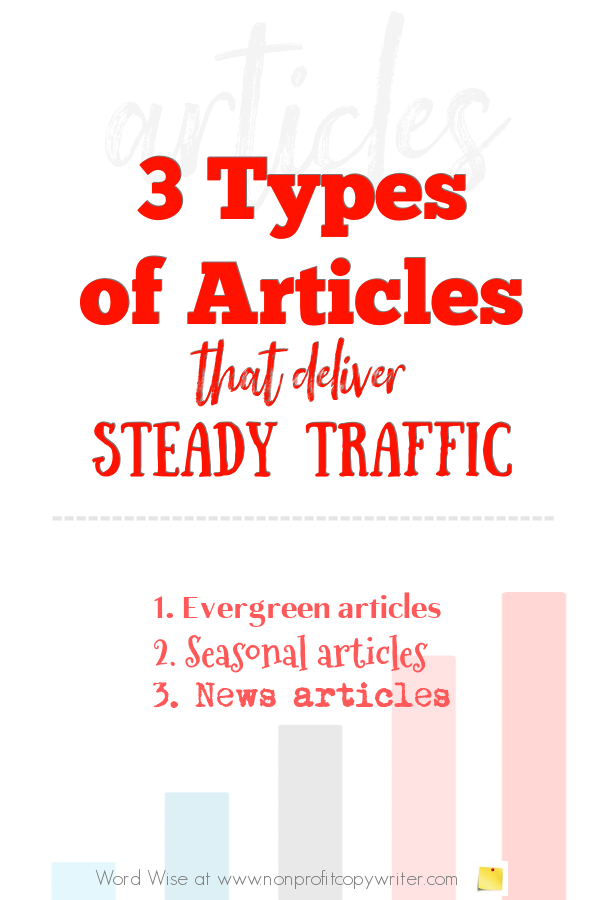The Ultimate Overview to Crafting Compelling Material with sssdarticles
The Ultimate Overview to Crafting Compelling Material with sssdarticles
Blog Article
The Mechanics of Articles: A Guide to Their Uses
The differences between the precise and indefinite short articles can significantly modify the significance of a sentence, impacting exactly how information is communicated. Common errors, such as the incorrect application of "a" and "an" or the misuse of write-ups with vast nouns, can lead to complication.
Types of Articles
When it concerns recognizing the types of articles, it is essential to break down the differences that exist amongst them. Articles in the English language are classified mostly into two types: precise and uncertain posts.
The guaranteed post, "the," is utilized to refer to specific nouns that are recognized to the visitor. It indicates that the noun it customizes is particular and identifiable, distinguishing it from other prospective entities. For instance, in the expression "the book on the table," the audio speaker indicates a particular book that both the speaker and listener recognize with.
In comparison, indefinite articles, "a" and "an," are utilized to refer to non-specific nouns - sssdarticles. They present nouns that are not previously recognized to the visitor or listener. For example, saying "a pet cat" does not specify which cat is being described; maybe any kind of feline. The option in between "a" and "an" depends upon the phonetic context of the following word, where "an" is utilized before vowel noises.

Definite Article Usage
The definite short article "the" plays a critical role in specifying nouns within a sentence, making it possible for clear interaction of concepts. Its main function is to show that the noun it comes before is one-of-a-kind or recognized to the viewers or audience. For instance, in the phrase "guide on the table," "the" signals that a certain book is being referenced, one that is identifiable in the context - sssdarticles.
" The" is typically used with singular and plural nouns, along with uncountable nouns, even more enhancing its convenience. When reviewing ideas, events, or entities that are widely recognized, such as "the Planet" or "the Web," the certain article offers to highlight their selfhood. Additionally, it can be used with superlatives, as in "the most effective remedy," to represent a certain degree of contrast.
In numerous contexts, the certain have a peek at this site article also shows up with geographic names, institutions, and social recommendations, such as "the United States" or "the Louvre." Recognizing its suitable use is essential for achieving precision in language, thereby fostering reliable communication in both composed and talked forms.
Indefinite Post Use
Indefinite posts, especially "a" and "an," serve an unique objective in language by introducing nouns that are not especially known to the visitor or audience. These articles communicate a feeling of generality, indicating that the noun they customize is just one of numerous possible circumstances as opposed to a specific entity.
The option in between "a" and "an" depends on the first audio of the adhering to word. "A" is utilized prior to words that start with a consonant noise, while "an" comes before words that begin with a vowel noise.
Indefinite posts likewise enter into play when going over careers, citizenships, or associations. One might say, "She is a doctor" or "He is an American." In addition, they can be used when stating something for the initial time, developing a context for future recommendations. Generally, the right use of indefinite posts enhances communication by providing clarity and accuracy regarding the nouns being talked about.
Usual Errors to Avoid
Several learners run into mistakes when making use of indefinite short articles, which can lead redirected here to complication in interaction. Furthermore, students often misuse uncertain articles with uncountable nouns, wrongly mentioning "a water" instead of just making use of "water," which does not call for a short article.
One more constant error involves leaving out the uncertain write-up when it is necessary. One may claim "I saw dog in the park," overlooking to consist of "a." This noninclusion can make sentences appear incomplete. On the other hand, utilizing uncertain write-ups exceedingly can additionally lead to awkward phrasing, such as "I had a wonderful time at a the party."
Understanding the contexts in which indefinite articles should be employed is essential. They are not utilized when referring to general classifications, as in "Felines are lively," rather than "A feline is spirited." Identifying these typical errors will enhance clarity and accuracy in composed and spoken English.
Tips for Effective Usage
To efficiently use indefinite write-ups, it is vital to recognize their proper contexts and subtleties. Uncertain short articles, particularly "a" and from this source "an," are used to refer to non-specific products or to present new principles.

In addition, stay clear of overusing indefinite posts in instances where uniqueness is called for. Practice reading different messages to observe just how seasoned authors make use of uncertain articles, enhancing your understanding of their efficient application.
Final Thought
Understanding the distinct functions of precise and uncertain articles allows for even more efficient expression of concepts. Ultimately, a solid grip of short article use is important for effective academic and expert interaction.
Report this page